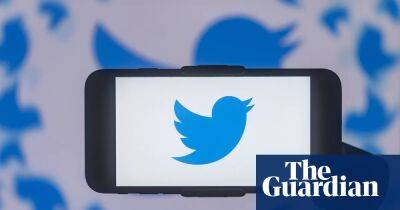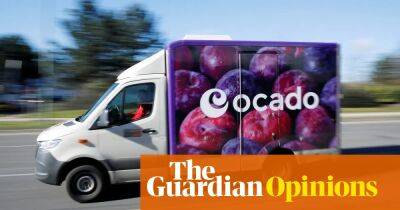The sudden dawn of the deinfluencer: can online superstars stop us shopping?
I am watching people I have never met cry at the smell of a perfume I have never smelled. But I want it, and I am not alone. When influencers began posting videos of themselves reacting with tears and evocative descriptions of a scent called Missing Person by Phlur, likening it to the smell of someone you love and miss, it sold out in five hours and amassed a 200,000-strong waiting list.
Social media is now what markets and shopping centres once were – the place people go to spend their cash – full of such “must-haves” as heated eyelash curlers and “miracle” pink cleaning pastes. And when something goes viral online, it sells in real life. Influencers reportedly sold $3.6bn (£3bn) of goods in 2022, with the $700 Dyson Airwrap hair styler among the top sellers. In a recent study, 54% of people said they made a purchase either in the moment or after seeing a product or service on Instagram. According to another report, 55% of TikTok users have made a purchase after seeing a brand or product on the platform. On Twitter, that figure is 40%.
Influencers grease the system, sending people rushing to buy something in the hope it will do for them what it has apparently done for the influencer, be it giving them bouncier hair, curlier lashes or cleaner worktops.
“I just don’t think we talk about how impactful influencers truly are,” says Heidi Kaluza, a former fast-fashion influencer turned slow-fashion influencer who goes by @the_rogue_essentials on Instagram. While Facebook is the favoured social media platform for digital shoppers, TikTok is where gen Z goes to spend its money. Which makes it both the perfect and a paradoxical place for a new movement: deinfluencing.
If influencing is trying to convince people on social media to
Read more on theguardian.com
















